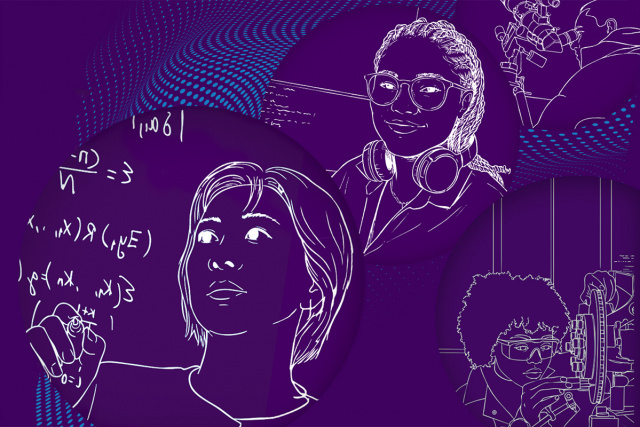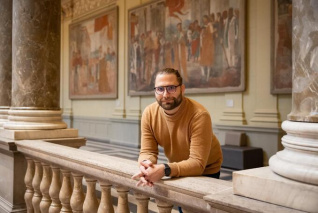_680_454_1764597338_fill_270x180.jpg)
_680_454_1764597338_fill_680x454.jpg)
Featured Lendület Researcher: Edit Mátyus
Although quantum electrodynamics is considered a well-established theory in physics, in chemistry – in the world of atoms and molecules – it still raises a number of unresolved questions. Edit Mátyus, Doctor of the Hungarian Academy of Sciences, Professor in the Department of Physical Chemistry at Eötvös Loránd University, and head of the Molecular Quantum Electrodynamics Research Group, and her colleagues are attempting to answer these questions with the support of the Momentum Programme.
MORE
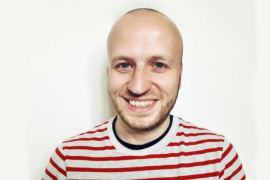
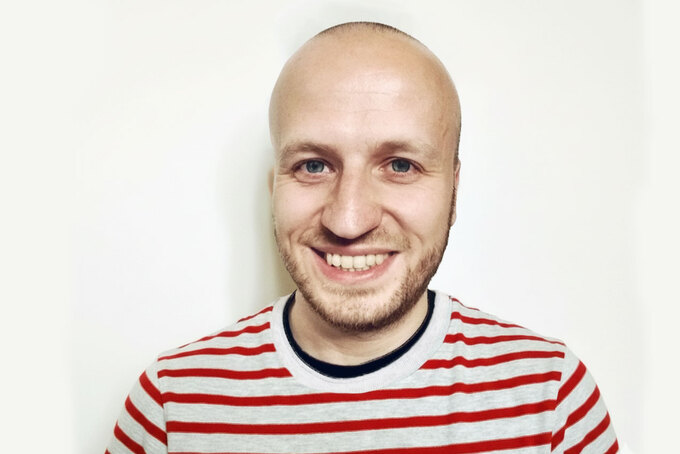
Featured Lendület Researcher: Péter Nemes-Incze
Often, the simplest models are needed to understand the most complex laws of nature. This is especially true for interacting electron systems, about which we still know relatively little today because, until now, we have not had access to sufficiently simple model crystals. Despite this, Péter Nemes-Incze, head of the Momentum Topology in Nanostructures Research Group at the Institute of Technical Physics and Materials Science of the HUN–REN Centre for Energy Research, and his colleagues believe that this model could be rhombohedral graphite, which they are investigating with the support of their Momentum grant.
MORE
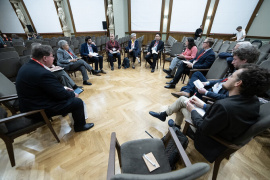
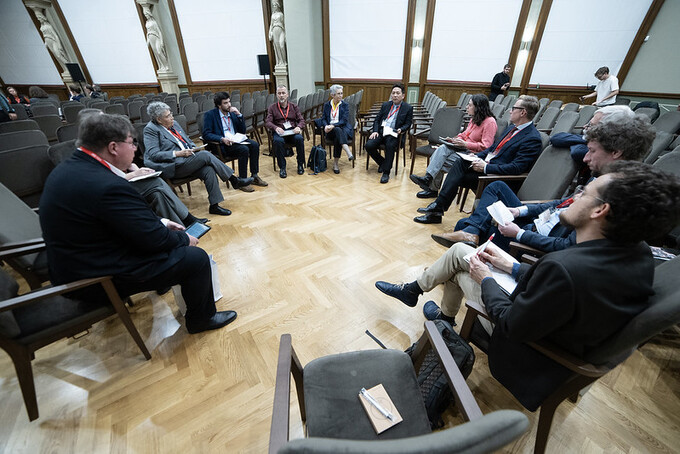
SAPEA panel discussion at MTA200: “Upholding Integrity in Scientific Advice: Key Principles and Challenges”
A wide-ranging discussion on topics such as academic freedom, AI in science policy, integrity and transparency, and working with policymakers took place at the Hungarian Academy of Sciences (MTA) at its 200th anniversary celebration and international conference in Budapest on 4 November. The day’s workshop was organised by Science Advice for Policy by European Academies (SAPEA) and co-organised with All European Academies (ALLEA) and MTA.
MORE
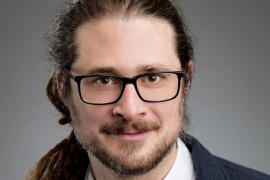
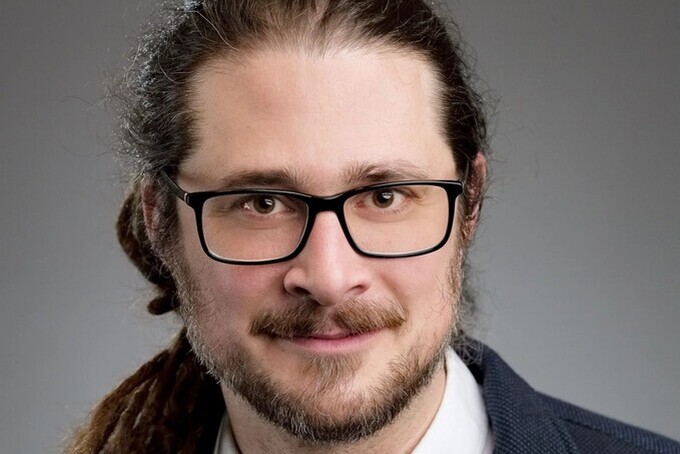
Featured Lendület Researcher: Balázs Lengyel
Nowadays, telecommunications providers and IT companies collect vast amounts of electronic data about us. These databases may contain sensitive personal data, which means they also carry risks, but at the same time they can be an incredibly valuable source of information for the social sciences. Balázs Lengyel, Senior Research Fellow at the Institute of Economics of the HUN-REN Centre for Economic and Regional Studies, and his colleagues are analysing some of this data with the support of the Momentum (Lendület) Programme. The researcher has won a Momentum grant for the second time – now in the advanced category – and is currently researching innovation and inequality in dynamic urban networks.
MORE
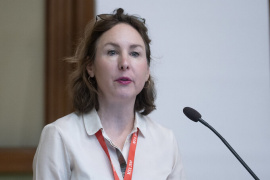
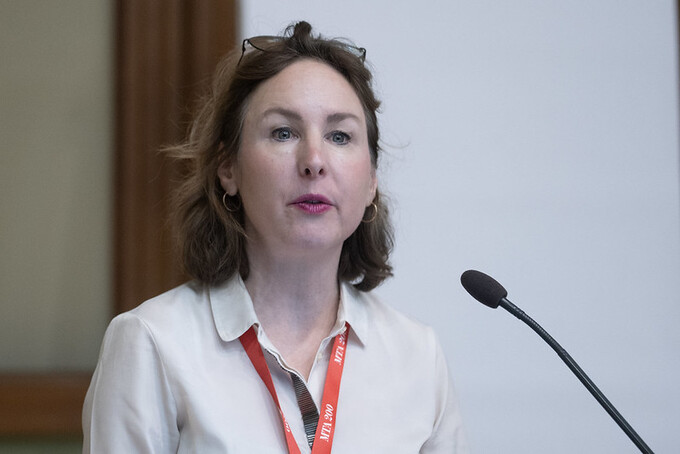
Integrity in Science Advice – Why Values Matter as Much as Evidence
At a time when trust in expertise faces growing pressure, Professor Barbara Prainsack, political scientist and Chair of the European Group on Ethics in Science and New Technologies, called for a renewed understanding of integrity in science advice for policy. She spoke at the Hungarian Academy of Sciences (MTA) at its 200th anniversary celebration and international conference in Budapest on 4 November, serving as keynote speaker for the afternoon workshop titled “Upholding Integrity in Scientific Advice: Key Principles and Challenges”.
MORE
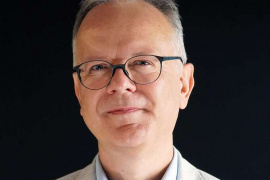
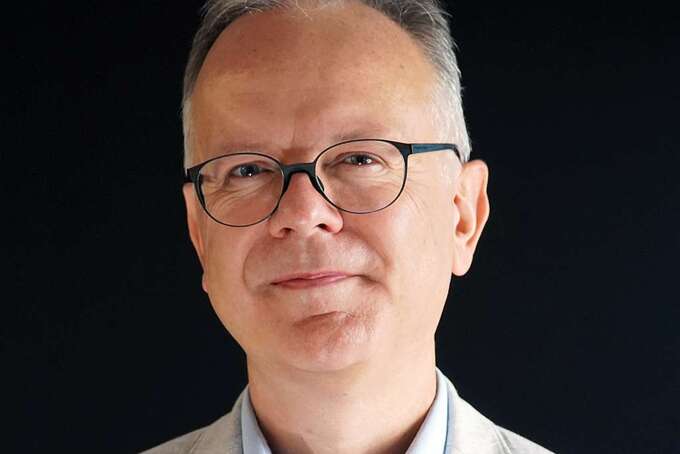
Building a truly inclusive European Research Area – An interview with Professor Pawel Rowinski
Europe’s research landscape strives for unity – yet divides between regions remain evident. Professor Pawel Rowinski, President of ALLEA (the European Federation of Academies of Sciences and Humanities) and Director of the Institute of Geophysics of the Polish Academy of Sciences, sat down with the Hungarian Academy of Sciences (MTA) at its 200th anniversary celebration and international conference in Budapest on 4 November to discuss this topic. The professor highlighted for us how openness, inclusiveness and long-term investment can make the European Research Area truly cohesive.
MORE
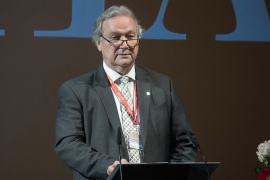
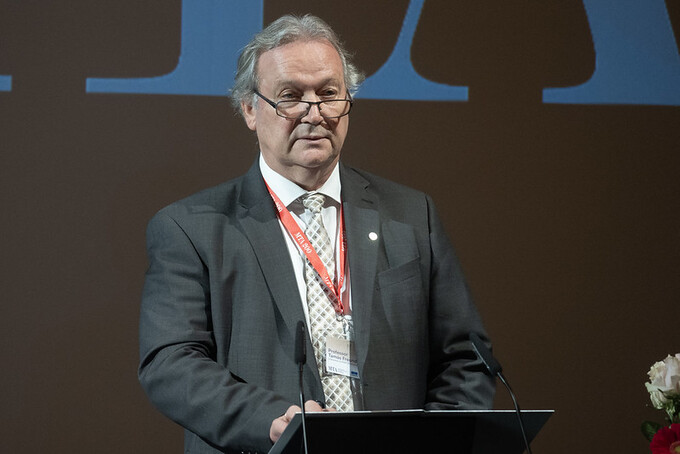
The Hungarian Academy of Sciences at 200: academy presidents from around the world visit Budapest to celebrate and collaborate on the morning of day two of the conference
The Hungarian Academy of Sciences is celebrating its 200th anniversary. The third day of November marked the beginning of several days of bicentennial programmes in Hungary’s capital, where leaders from numerous scientific academies and scientific organisations around the world gathered to help MTA celebrate. As part of the celebrations, an international conference was held on 4 November entitled The Past, Present and Future of Learned Societies: The Changing Role of Academies in the 21st Century.
MORE
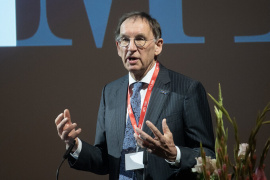
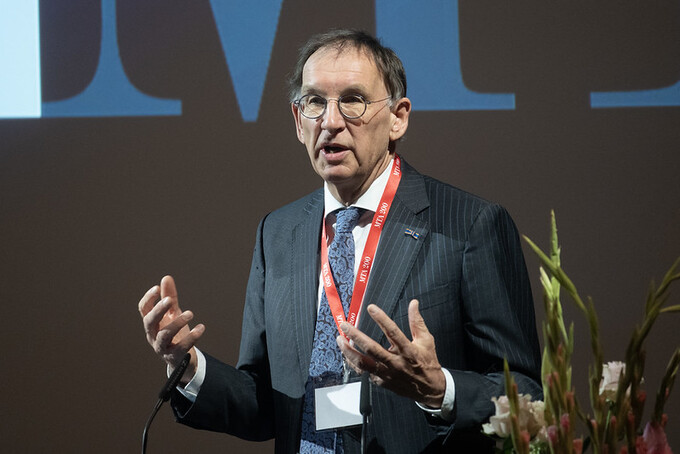
Building trust and timeliness in science advice: Professor Wim van Saarloos on strengthening the bridge between research and policy
Professor Wim van Saarloos, physicist and former president of the Royal Netherlands Academy of Arts and Sciences, has long grappled with how to make scientific advice more effective. The professor sat down with the Hungarian Academy of Sciences (MTA) at its 200th anniversary celebration and international conference in Budapest on 4 November to discuss this and other topics relevant to European science policy today. As President of the European Academies Science Advisory Council (EASAC), he emphasised that bridging the gap between research and political decision-making requires foresight, focus and constant adaptation.
MORE
_fit_1000x10000_fill_270x180.jpg)
_fit_1000x10000_fill_680x454.jpg)
‘The Harbor of Our National Existence’ – A Short Film on the First Two Hundred Years of the Academy
How did an institution of such defining importance for the Hungarian language, culture, identity, and science — the Academy — come into being in a city where most people spoke German and there were no Hungarian-language cultural institutions? How has its history unfolded over the past two centuries, in parallel with that of the nation itself? At the ceremonial General Assembly, a short film titled “The Harbor of Our National Existence” was presented, produced by the animation studio Animatiqua. The creators used rarely seen historical photographs, brought to life with the help of artificial intelligence.
MORE
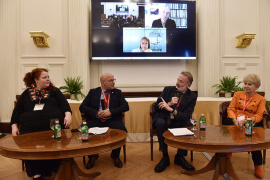
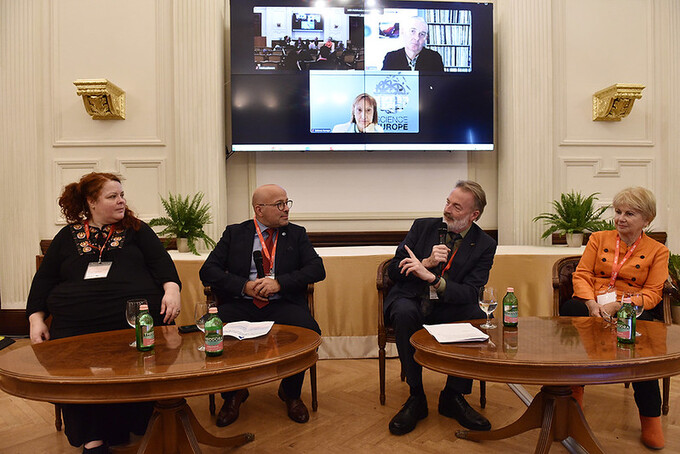
The Hungarian Academy of Sciences at 200: thought leaders discuss a more cohesive European Research Area on day three of the conference
The Hungarian Academy of Sciences (MTA) symposium “From Barriers to Bridges: Towards a More Cohesive European Research Area” saw a high-level dialogue organised by Academia Europaea Budapest Hub on 5 November 2025.
MORE
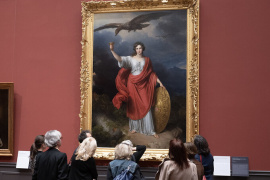
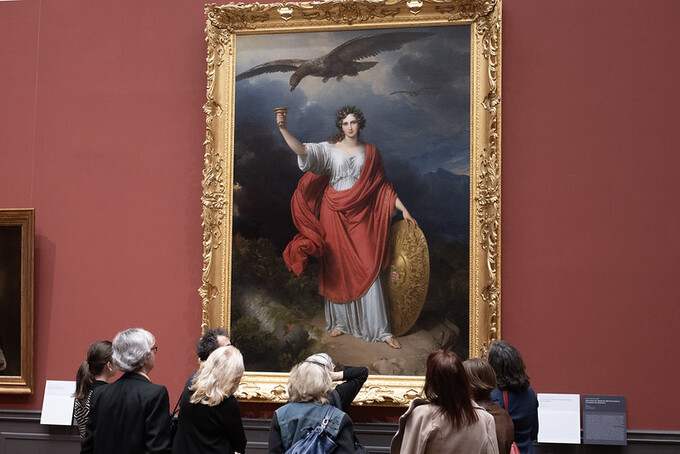
Sunshine After Rain: Two Centuries of Treasures at the Hungarian Academy of Sciences in Celebration of the Hungarian Academy of Sciences’ 200th anniversary
This year, the Hungarian Academy of Sciences (MTA) celebrates the 200th anniversary of its founding with a series of events, including the opening of its Sunshine after Rain (Borúra derű) exhibition at the Academy’s grand neo-Renaissance headquarters (Palace) in Budapest.
MORE
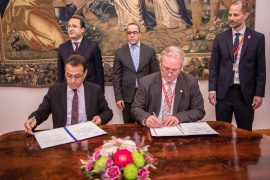
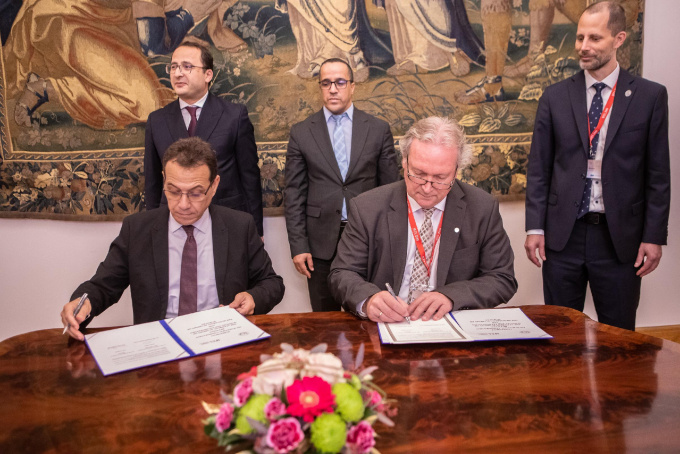
Bilateral meetings during the MTA200 celebratory events
Between 3-5 November 2025, high-level international events took place in Budapest as part of the 200th anniversary celebrations of the Hungarian Academy of Sciences (MTA). Presidents of partner academies and organisations, heads of scientific councils and science policy experts came together to commemorate this significant anniversary. As part of the three-day-long international celebratory events, two signing ceremonies of cooperation agreements and a number of high-level bilateral meetings took place.
MORE
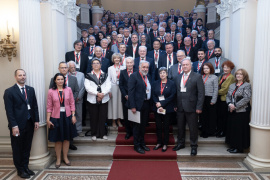
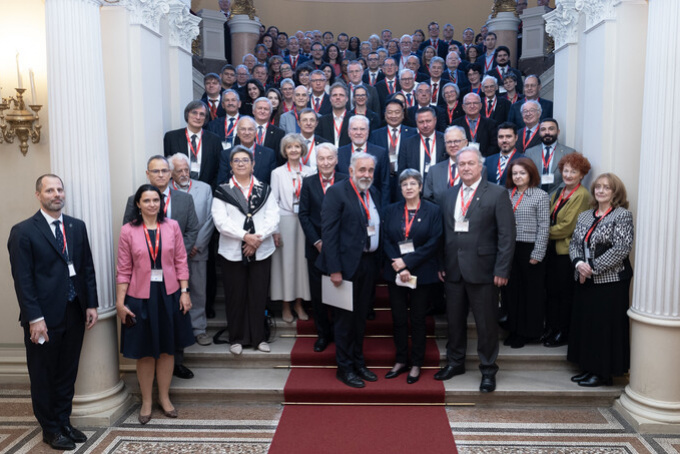
MTA 200th Anniversary International Conference
The year 2025 marks a special year in the history of the Hungarian Academy of Sciences: this year MTA celebrates the 200th anniversary of its foundation. Two hundred years ago, on 3 November 1825, Count István Széchenyi offered one year’s income of his estates for the purposes of establishing a Hungarian Learned Society.
MORE

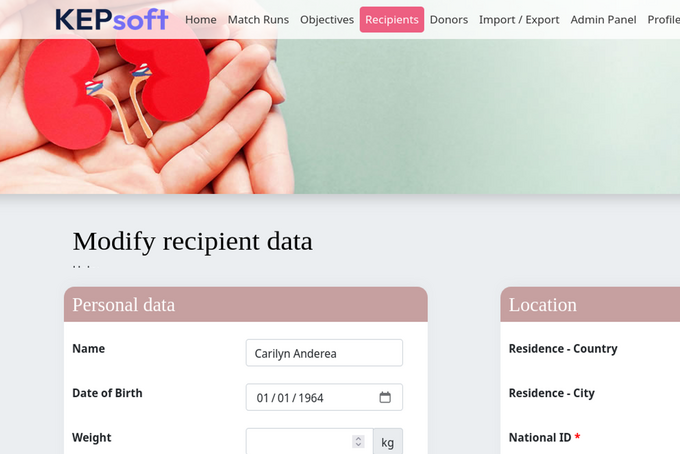
European Innovation Award for Kidney Transplantation Software Developed with the Participation of a Momentum (Lendület) Research Group
With the support of the Hungarian Academy of Sciences’ Momentum Programme, Péter Biró, who founded his second Momentum research group in 2022, also participated in the development of a software tool called KEPsoft, which has won an Innovation Award from the European Association of Research and Technology Organisations (EARTO). The achievements of these dynamic researchers illustrate the wide-ranging innovation potential for those involved in social science research.
MORE
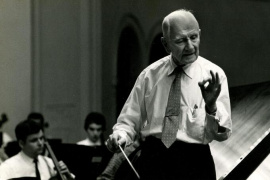
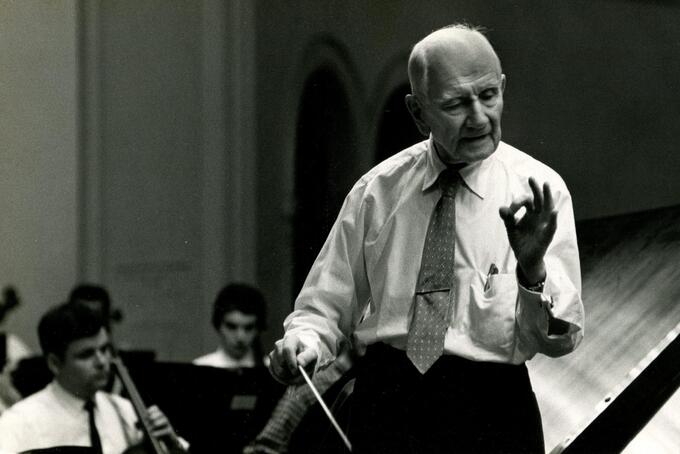
The Last Romantic in His Own Words – A New Perspective on the Oeuvre of Ernő Dohnányi
Composer, pianist, conductor, musical leader and one of the most important figures in 20th-century Hungarian music history, Ernő Dohnányi (1877-1960) is the subject of a richly detailed portrait and previously unpublished documents in a volume compiled by James A. Grymes and Veronika Kusz, published by Oxford University Press entitled The Last Romantic in His Own Words: Ernst von Dohnányi’s Selected Writings and Interviews. The book is based on Dohnányi’s American bequest, which has been in the possession of the Hungarian Academy of Sciences since 2015 and is currently held by the ELTE RCH Institute for Musicology, Archives for 20th-21st Century Hungarian Music. We spoke to Veronika Kusz, Senior Research Fellow at the Institute and one of the authors of the work.
MORE
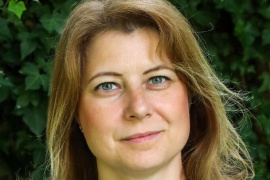
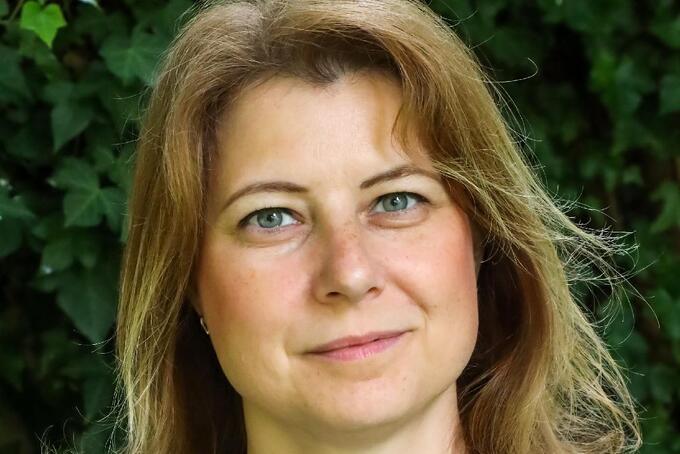
Featured Lendület Researcher: Réka Lukács
Réka Lukács, Senior Research Fellow at the Institute for Geological and Geochemical Research of the HUN-REN Research Centre for Astronomy and Earth Sciences is researching fundamental questions in volcanology with her team, with the support of the Momentum Programme. In addition to its scientific value, their research also has important practical and even disaster management implications, as hundreds of millions of people around the world live near dangerous volcanoes. It is therefore vital that we understand the workings of volcanoes as well as possible, so that our predictive models can become increasingly accurate.
MORE
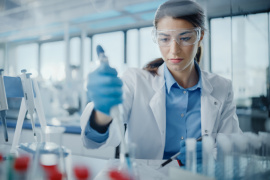
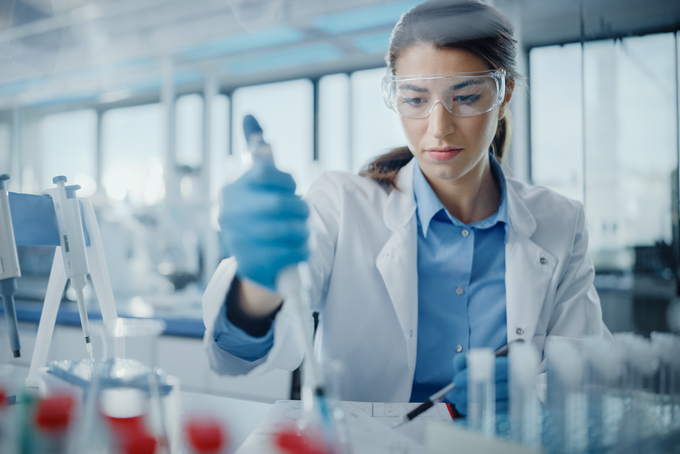
Results Announced for the First Call of the Momentum MSCA Premium Postdoctoral Fellowship Programme Postdoctoral Fellowship Programme
Coordinated by the Hungarian Academy of Sciences, the Momentum MSCA Premium Postdoctoral Fellowship Programme aims to provide outstanding international researchers with the opportunity to carry out independent research projects by joining existing Momentum research groups. Through this initiative, the programme contributes to strengthening both scientific excellence in Hungary and international research cooperation.
MORE
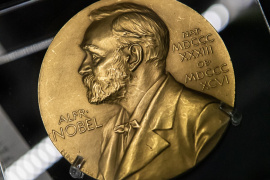
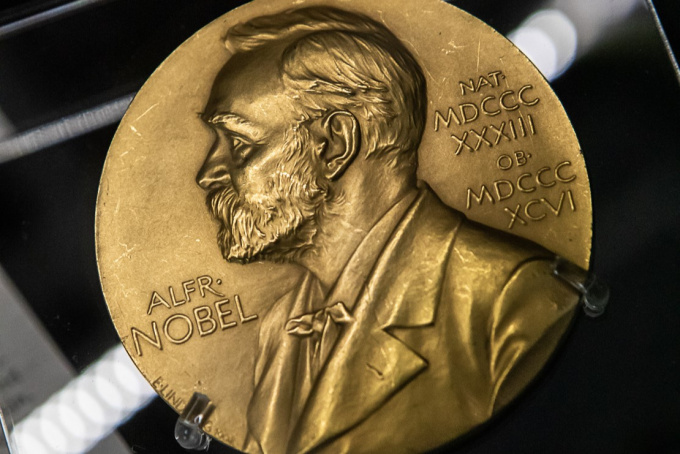
Nobel Prize Winners from Hungary
Who are the Nobel Prize winners researchers who are connected to Hungary by Hungarian birth or Hungarian origin? György Bazsa, Doctor of the Hungarian Academy of Sciences and Professor Emeritus of the University of Debrecen, seeks to answer this question in his article. The aim of his compilation was to provide an overview of the important information available on the subject.
MORE
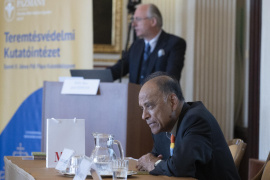
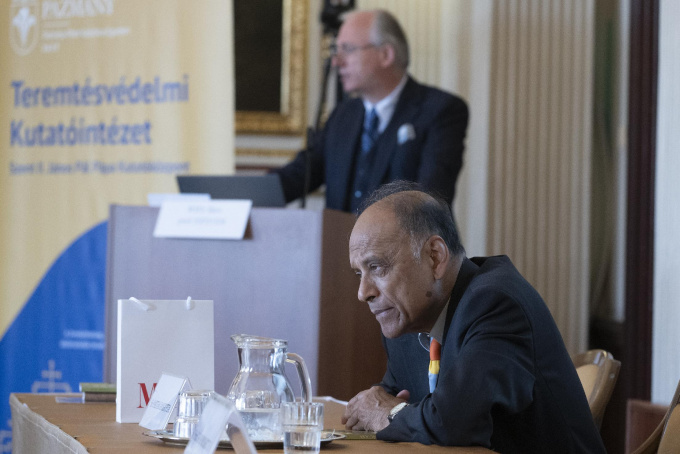
We cannot leave nature’s values out of economic calculations – András Báldi on the Dasgupta report
Sir Partha Dasgupta, who is known worldwide as the author of The Economics of Biodiversity, gave a lecture at the Hungarian Academy of Sciences (MTA). After his lecture, the Indian-born British economist took part in a roundtable discussion with ecologist András Báldi, a corresponding member of the Hungarian Academy of Sciences. MTA asked Báldi about the guest speaker and the report.
MORE
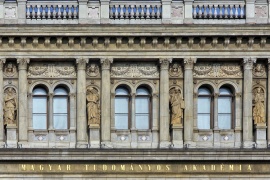
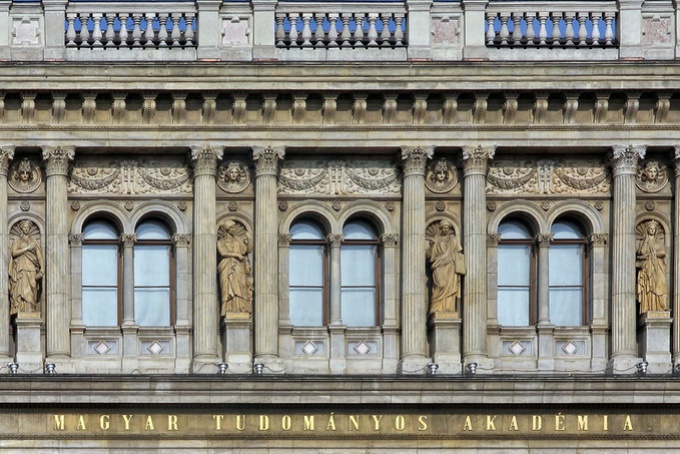
Resolution of the Presidium of the Hungarian Academy of Sciences on the dissolution of the Hungarian Research Network (HUN-REN)
At its meeting of 24 June 2025, the Presidium of the Hungarian Academy of Sciences unanimously adopted the following resolution on the dissolution of the HUN-REN Hungarian Research Network.
MORE
Bicentenary Celebration of the Hungarian Academy of Sciences at UNESCO Headquarters in Paris
On 11 December 2025, a commemorative ceremony was held at the UNESCO headquarters in Paris to mark the 200th anniversary of the founding of the Hungarian Academy of Sciences (MTA) and its Library and Information Centre (MTA KIK). The event, hosted by UNESCO, brought together nearly one hundred guests to celebrate two centuries of scientific, cultural and intellectual achievement.
MORE
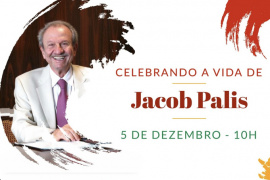
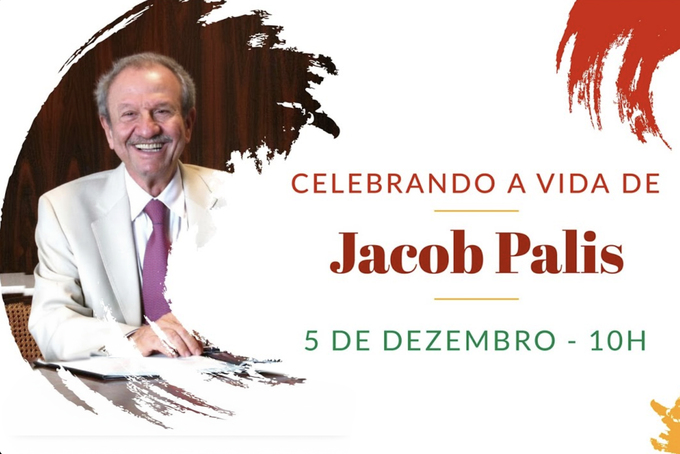
The Brazilian Academy of Sciences Celebrates the Life of Jacob Palis
On 5 December 2025, the Brazilian Academy of Sciences (ABC) is hosting a public memorial honouring Jacob Palis (1940–2025), the internationally acclaimed mathematician whose pioneering work in dynamical systems, transformative leadership at institutions such as IMPA and the ABC, and global scientific influence – including co-chairing the 2013 World Science Forum – left a lasting legacy. The ceremony, featuring tributes from colleagues and leaders, including a heartfelt message from József Pálinkás, former President of the Hungarian Academy of Sciences, will be streamed live on the ABC’s YouTube channel.
MORE
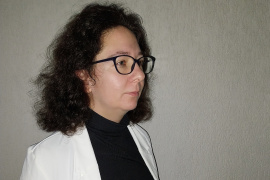
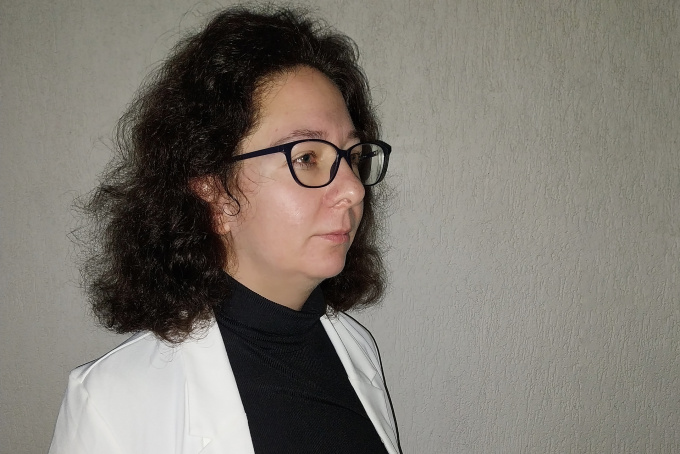
Featured Lendület Researcher: Tekla Etelka Gráczi
Various neurological diseases and conditions often affect a person’s speech. Tekla Etelka Gráczi, Senior Research Fellow at the HUN-REN Research Centre for Linguistics’ Institute for General and Hungarian Linguistics, and her Momentum research group are investigating this effect in subjects with Parkinson’s disease, Down syndrome and multiple sclerosis. Their research examines the acoustic characteristics of spoken sounds and the mechanism of sound production.
MORE
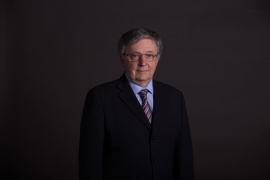
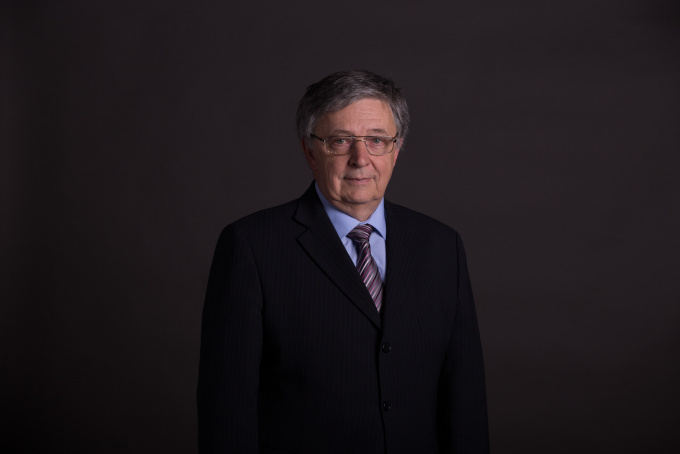
László Lovász has been awarded the Erasmus Medal of the Academia Europaea
The internationally renowned Mathematician, former president of the Hungarian Academy of Sciences is the recipient of the Erasmus Medal of the Academia Europaea in 2025.
MORE
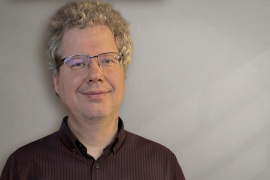
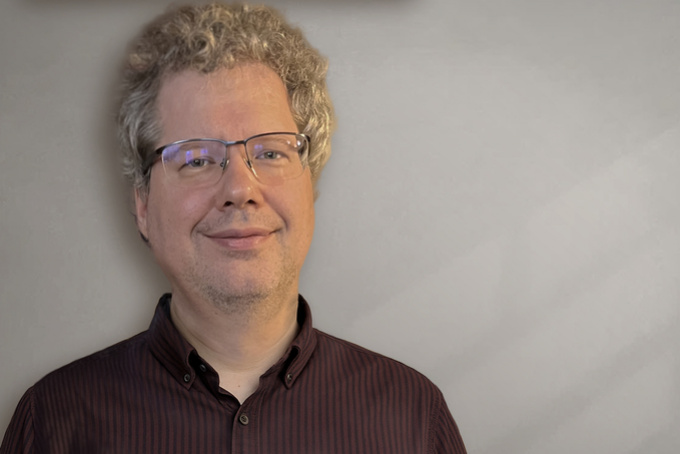
Featured Lendület Researcher: Gergely Harcos
Automorphic forms play an important role in many areas of mathematics, including number theory, geometry, analysis and mathematical physics. Gergely Harcos, Research Professor at the HUN-REN Alfréd Rényi Institute of Mathematics and Head of the Momentum Automorph Research Group, is researching these automorphic forms with the support of the Momentum Programme. According to the researcher, the study of these mathematical objects could even bring us closer to one of the “holy grails” of mathematics, the proof of the Riemann hypothesis.
MORE

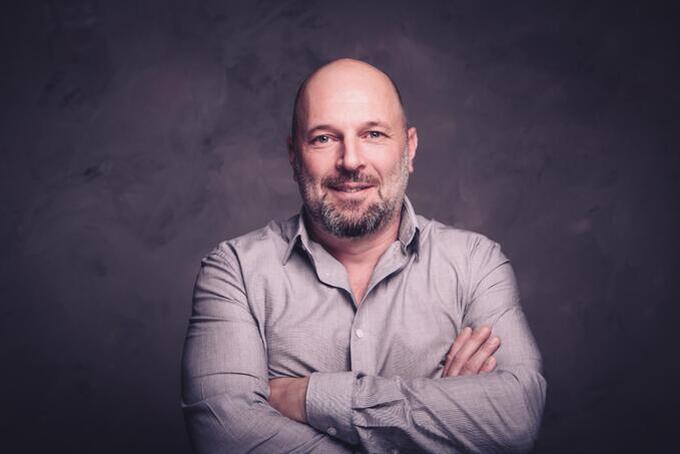
Featured Lendület Researcher: Péter Kele
Péter Kele, Head of the Organic Chemistry Research Group of the HUN-REN Institute of Organic Chemistry at the HUN-REN Natural Science Research Centre, and his colleagues are developing bioorthogonal functional groups that can “switch on and off” the molecule attached to them in response to light. This can be very useful in the case of active pharmaceutical ingredients, for example, as it may be possible to activate the chemotherapeutic agent only once it has attached to a tumour cell.
MORE
_680_454_1749540940_fill_270x180.jpg)
_680_454_1749540940_fill_680x454.jpg)
Featured Lendület Researcher: Lajos Vince Kemény
Although curing melanoma is considered a success story in cancer therapy, with immunotherapy playing a central role, there are still patients who do not respond well to treatment. Thus, it is of paramount importance to find immunotherapies to which tumour cells do not become resistant or to which they have more difficulty in becoming resistant. Vince Lajos Kemény, Senior Research Fellow at the Institute of Life Sciences and the Department of Dermatology, Nematology and Dermatological Oncology at Semmelweis University, and his colleagues are searching for therapeutic targets with the support of the Lendület (Momentum) Programme and consider it important to bring their results into everyday clinical practice as soon as possible.
MORE
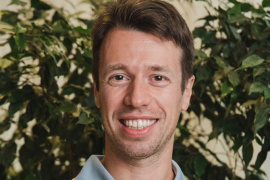
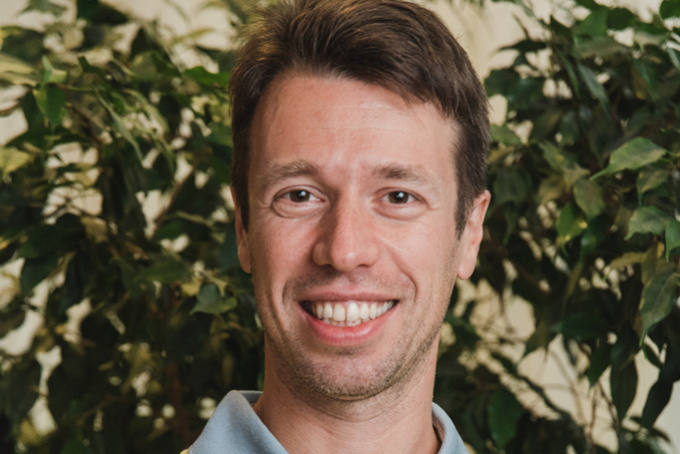
Featured Lendület Researcher: Balázs Hangya
How do the neurons in the lateral septum of the brain, which are important for thinking-related brain function and communicate with each other via acetylcholine, behave? This is the question that Balázs Hangya and his research team, supported by MTA’s Lendület (Momentum) Programme, are trying to answer. In addition to the function of nerve cells, the researchers are also investigating their role in the development of Alzheimer’s disease.
MORE
_fit_1000x10000_fill_270x180.jpg)
_fit_1000x10000_fill_680x454.jpg)
The Shores of Our National Existence – A short film about the first 200 years of the Hungarian Academy of Sciences
The 199th General Assembly of the Hungarian Academy of Sciences presented a short film, brought to life by artificial intelligence using rarely seen photos from the period, which recalls the fateful events of the first 200 years of the Academy. The film can be viewed in this article.
MORE
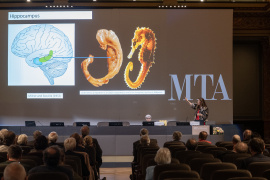
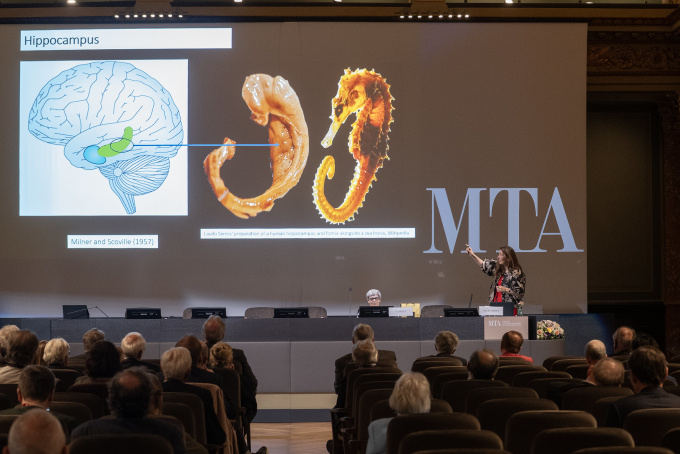
Nobel laureates and renowned foreign researchers at the Academy’s General Assembly: Videos of all the presentations from the AHAA-AMAT conference
Katalin Karikó, May-Britt Moser, Edward Moser, Aaron Ciechanover and László Lovász, former President of the Hungarian Academy of Sciences, also participated in the two-day bicentennial conference of the Association of Hungarian American Academicians (AHAA-AMAT) in the renovated headquarters of the Hungarian Academy of Sciences, which is 200 years old this year. In addition to the Nobel and Abel Prize-winning researchers, presentations were given by renowned Hungarian scientists working and teaching at foreign universities, such as János Sztipanovics, Gyöngyi Szabó, Pál Maliga, Éva Tardos, György Buzsáki and Albert-László Barabási. You can watch the recordings of the lectures within this article.
MORE
- 445 results

